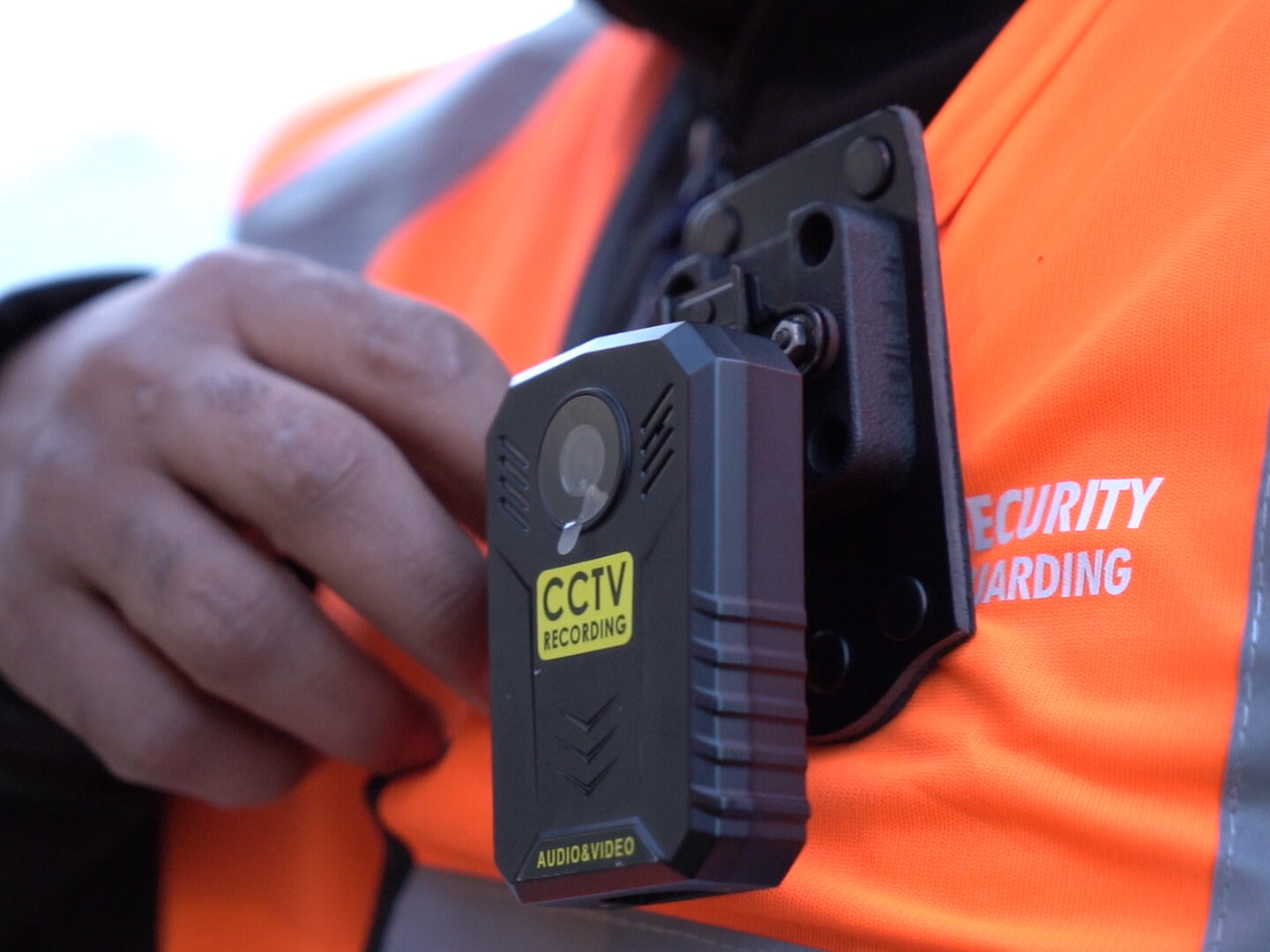
My fourth theme debate on behalf of GroenLinks in the city council of Zwolle was a theme debate on municipal services and resident engagement. I was responsible for all subjects: (in Dutch):
- Beantwoording art. 45 vragen GroenLinks over Huttendorp Aalanden
- Publicatie Buurt-voor-Buurt Onderzoek 2022
- Vergunningen, Toezicht en Handhaving Omgevingsrecht jaarverslag 2022 & programma 2023
- Inzet bodycams gemeente Zwolle
- Zwolse participatieaanpak
Since talk time was limited to six minutes per political party, of course choices had to be made on what to talk about. You can watch the debate (in Dutch) below, or read my statement (in English) below the video.
Context:
- Beantwoording art. 45 vragen GroenLinks over Huttendorp Aalanden: My colleague Margriet asked questions about the permit procedure and organization surrounding a yearly event called Huttendorp.
- Publicatie Buurt-voor-Buurt Onderzoek 2022: The yearly survey the municipality conducts (since 1995) to attain how the city is doing on a lot of indicators. A invitation to participate is sent to around 42000 inhabitants and in 2022 a little more the 9000 replied. If you want to read more check out the results here.
- Vergunningen, Toezicht en Handhaving Omgevingsrecht jaarverslag 2022 & programma 2023: The yearly report and plan for 2023 of the department of Fysieke Leefomgeving and the omgevingsdienst IJsselland, the organization Zwolle and other municipalities in the region use for building inspectors, fire inspectors etc.
- Inzet bodycams gemeente Zwolle: The BOA’s in Zwolle will start using body cams for a period of one year, after which an evaluation will follow. These body cams are only for employee safety, but can cause all sort of privacy and ethical problems as seen in other cases around the world.
- Zwolse participatieaanpak: an update on a project surrounding resident participation with an e-tool.
Statement:
Thank you Chairperson, on behalf of GroenLinks I have also highlighted a number of points to discuss, starting with Vergunningen, Toezicht en Handhaving Omgevingsrecht jaarverslag 2022 & programma 2023.
This year, because of the introduction of the new omgevingswet (if all goes well) and the wet Kwaliteitsborging voor het bouwen, will be a special year. We have more and more information at our disposal, which should make forecasting and monitoring easier. But this added complexity also requires more peoplepower, something that is scarce these days. The way we work is changing fundamentally and that also takes energy.
Something that should then give more breathing space to the omgevingsdienst is the introduction of the wet Kwaliteitsborging voor het bouwen. Among other things, this ensures that, initially only for new constructions, quality assurance will be in the hands of a commercial entity paid for by the initiator. Much of the remaining tasks will remain with the municipality and omgevingsdienst. GroenLinks sees that this could reduce the workload, but is curious to know if and how these commercial entities will be randomly or otherwise monitored? Could the mayor elaborate on that in his response?
Then a general trend that GroenLinks identifies and struggles with. Within various domains of the municipality and the gemeenschappelijke regelingen, not all tasks can be carried out. For example, we see in this report that Toezicht en Handhaving has had to suspend its efforts on companies subject to notification due to an excessive workload and backlog. Fewer fire safety inspections were carried out due to illness and staff shortages. All things we would have wanted to be carried out. Let it be clear that this is not down to the people working there, but external factors.
The work pressure is high within the municipal apparatus and some gemeenschappelijke regelingen. GroenLinks would like to have a discussion about these labour market problems and how we as a council should handle them? Do others have the same wish? I am still looking for the best form, as I would like to hear both the alderman and perhaps some external experts.
We can also read in the report that the sustainability of office buildings lags far behind the set ambition. During 88% (first 8 months of 2022) of the inspections, insufficient energy-saving measures were taken to get the office building to energy label C. More inspections do not seem to us to be the solution here. Groenlinks thinks it is very important that this gets back on track. Can the alderman indicate what measures are being taken.
Finally, GroenLinks would like to convey compliments on the fact that very many of the targets have been met despite the pressure and all the changes.
Then chairperson the next topic, the Buurt-voor-Buurt onderzoek. GroenLinks is pleased with the generally positive results, of course with the caveat that inflation and energy prices have risen dramatically only after the survey was carried out. The response rate (over 9000 out of 40000) was on par with last year, compliments! GroenLinks finds it very important that voices of people under 18 are also heard about our city, given that they make up a significant part of the residents and it is precisely their thoughts on the future that we should include in plans for the city. How does the alderman ensure that residents under the age of 18 can also have their say, for instance through the children’s council, youth council or in other ways? At neighbourhood level, some negative outliers can be seen. How does the follow-up process work? What concrete actions will be linked to this and how will this be communicated back to our citizens?
Next, equipping our BOA’s with body cams. Although GroenLinks usually does not look favorably on these type of measures, the way this has been worked out has been particularly thorough. There are clear guidelines, as my earlier questions showed, on when the cameras may be activated, who may view the images, how long the images may be kept and there is a procedure for residents to request the images. An evaluation was also promised immediately after a one-year period, which GroenLinks will critically review. I also hope this will include the Ethics Commission’s soon-to-be-available report on the subject. I myself will join the BOAs on a graveyard shift in early February to look at how the cameras are deployed among other things. GroenLinks would like to stress once again that as far as we are concerned, this is the limit. No baton or pepper spray for our BOAs!
Finally, the participatieaanpak. Here I would personally like to reflect on the fact that we previously used Open Stad. Open source software developed by the municipality of Amsterdam, among others. I myself previously tipped DigiDem to the alderman as an open source tool for resident participation.
It should actually go without saying that software we pay for with public money can also be reused by other governments, companies or residents. And anyone with the right knowledge can check whether that software is safe and does what it claims to do. So I very much hope that once again an open source product will be chosen in the follow-up process. I’m considering taking up the topic of use of opensource software more broadly in the future.
What will happen because we participated:
- The alderman will – separately from the Buurt-voor-Buurt Onderzoek – conduct a survey of young people (under 18) in order to include their perception of our city.
- The alderman will draft an action plan, no later then July 2023, regarding enforcement of energy saving measures in office buildings.
- The alderman will check if it’s possible to link some actions and goals to the outcome of the Buurt-voor-Buurt Onderzoek in next years version.
Credits:
Image used at top of blog is: CCTV Body Cam by www.regionsecurityguarding.co.uk and is licensed under CC BY 2.0
